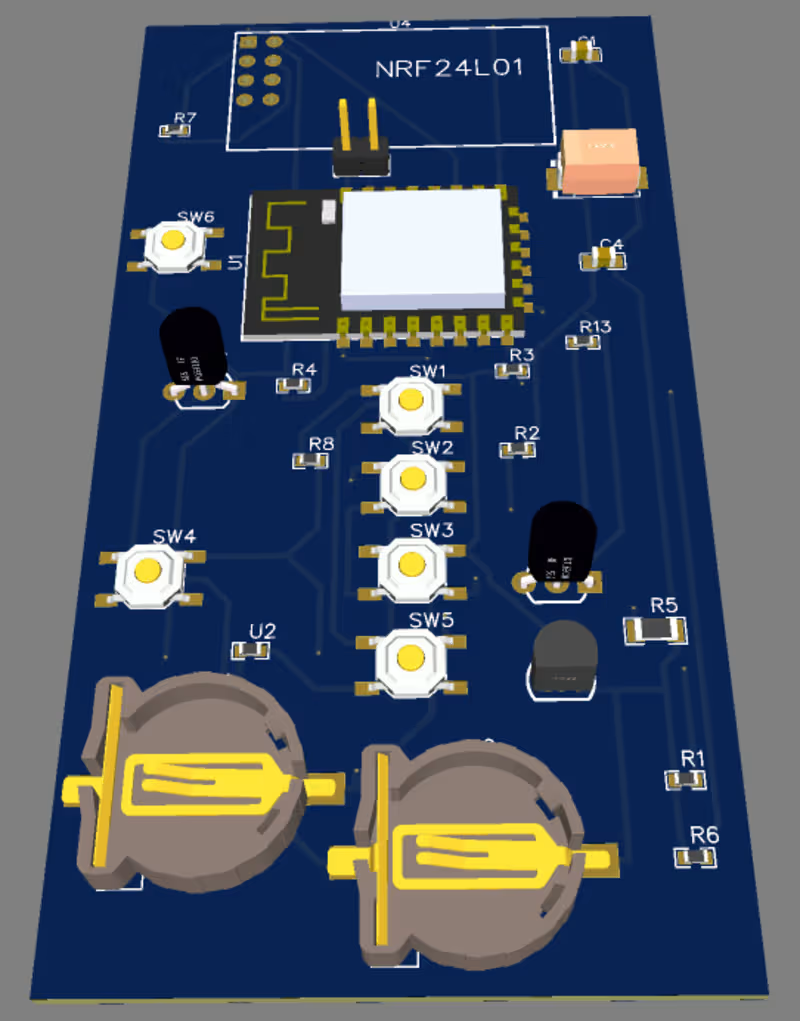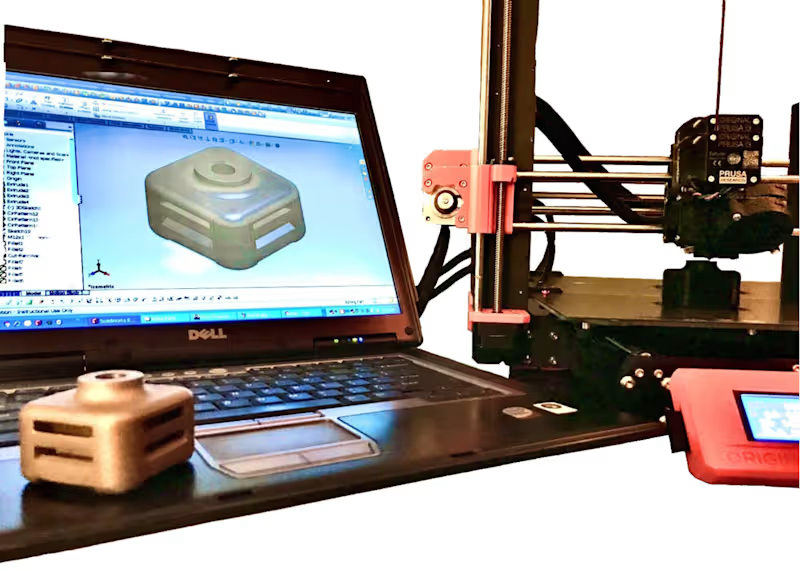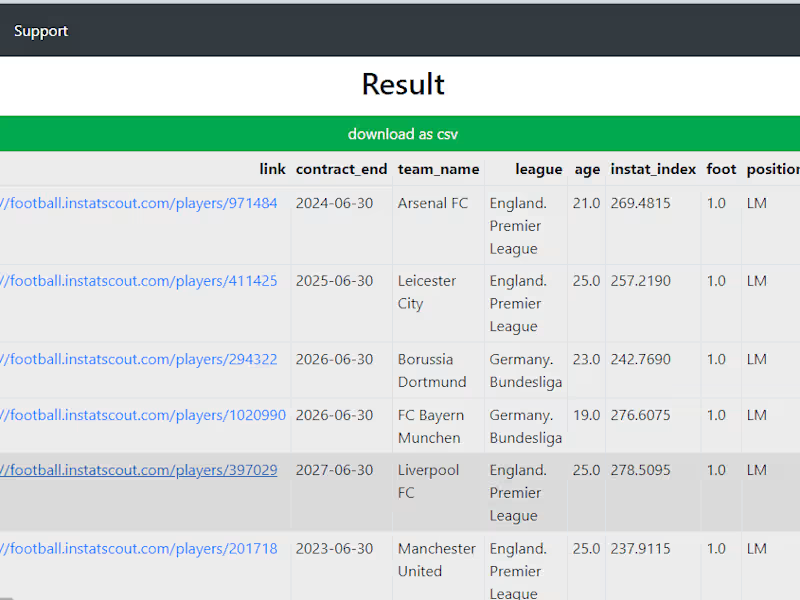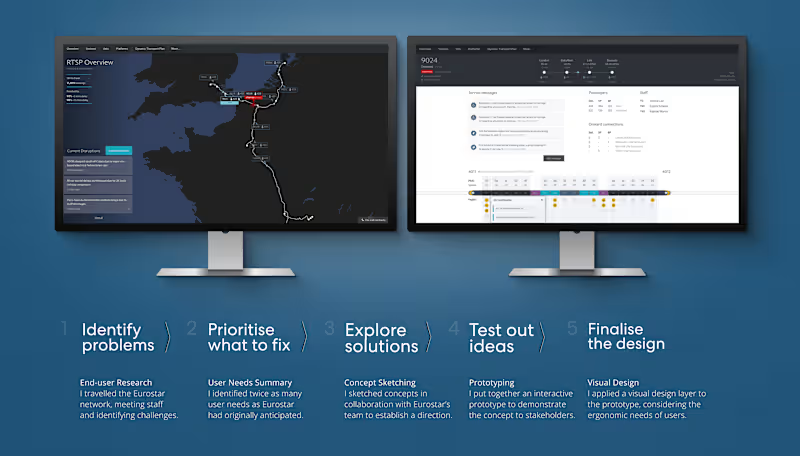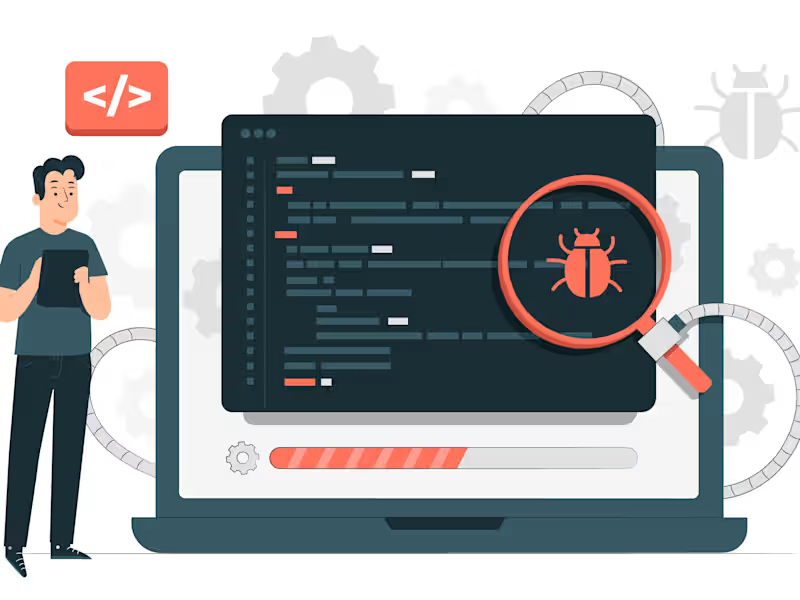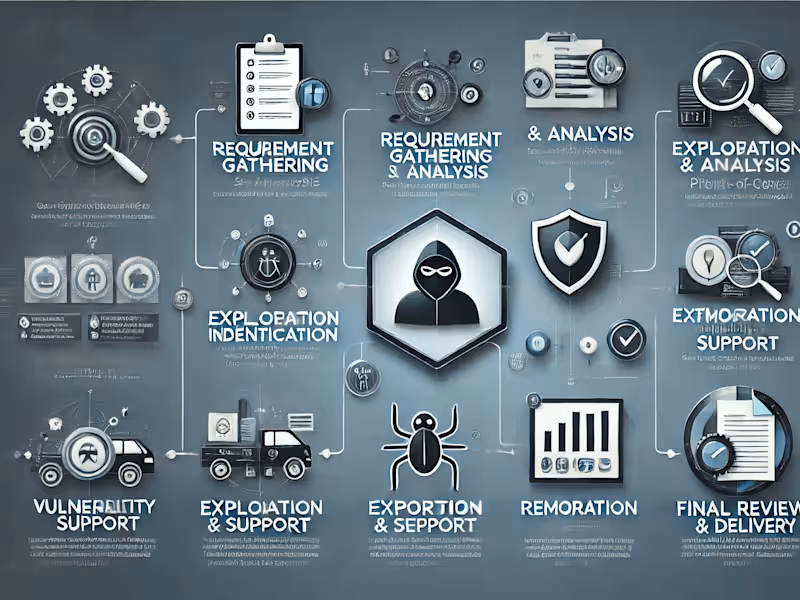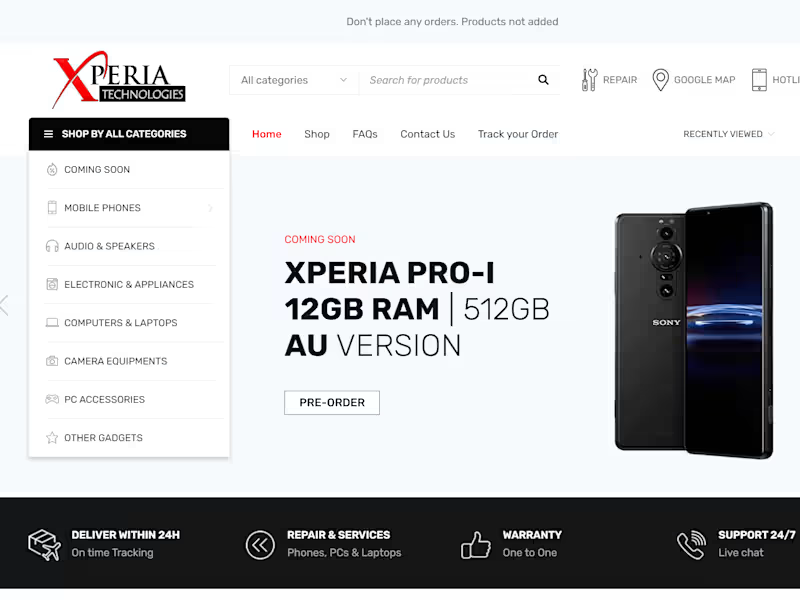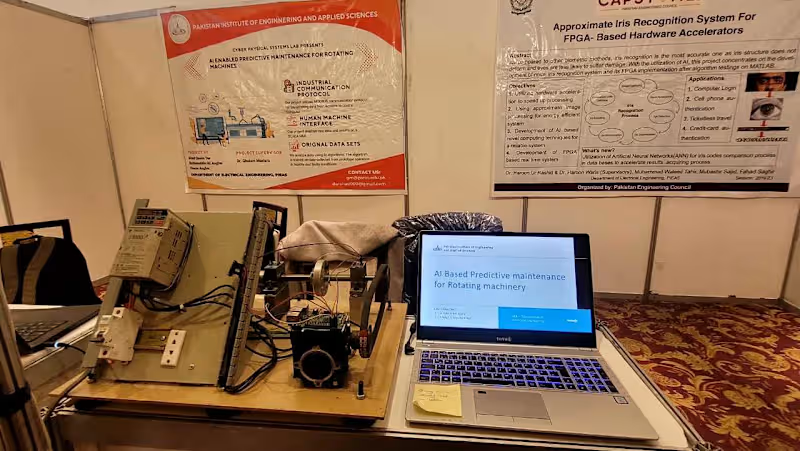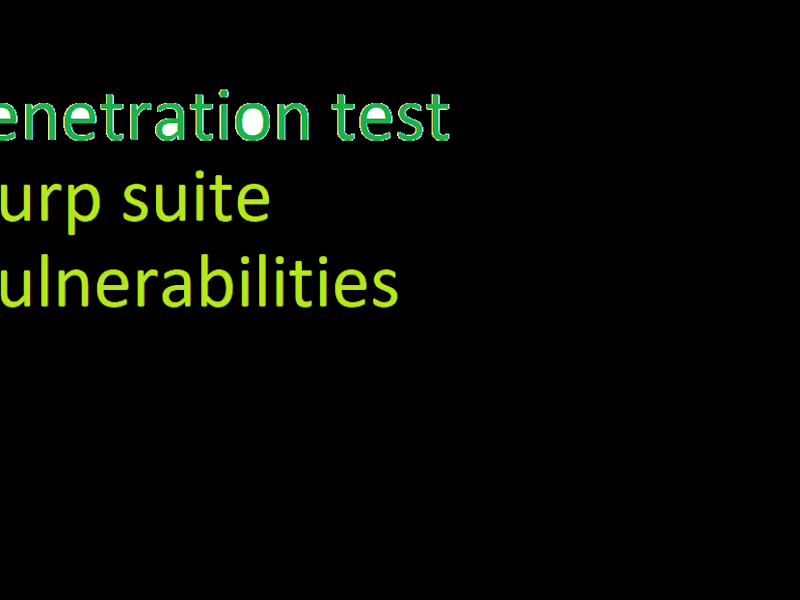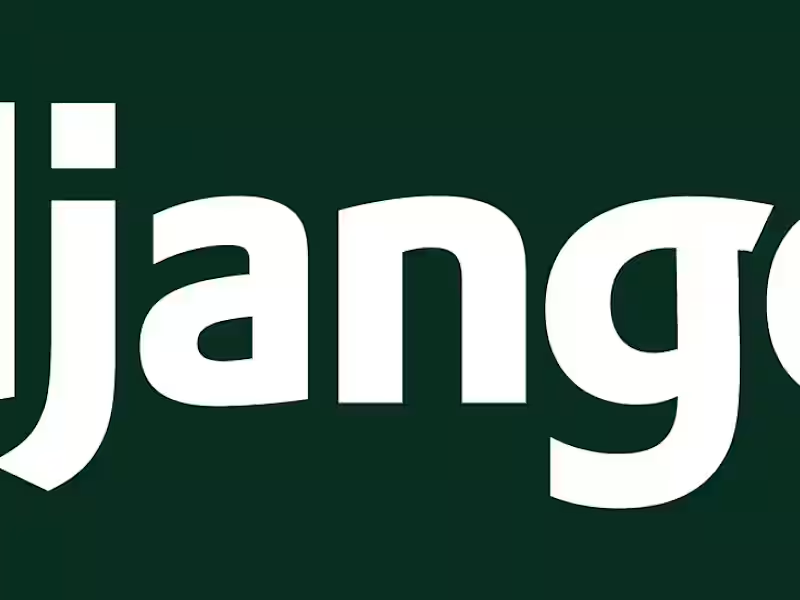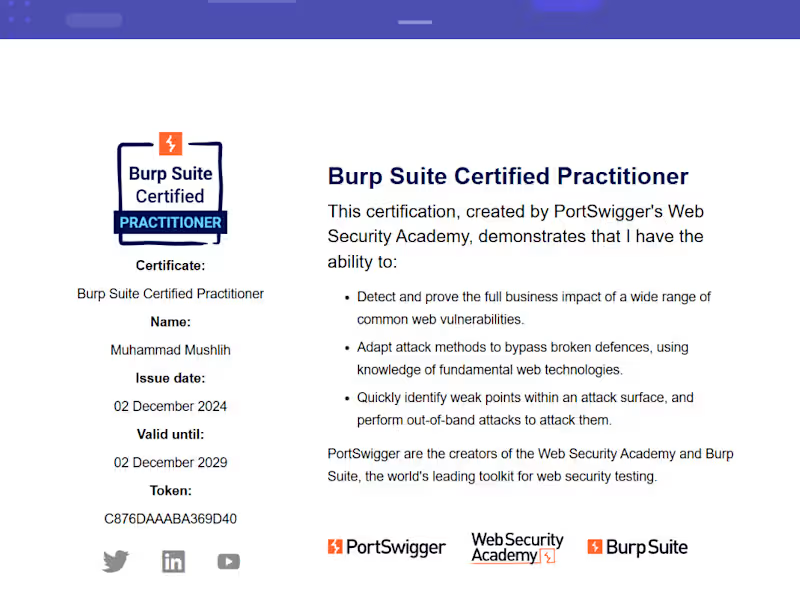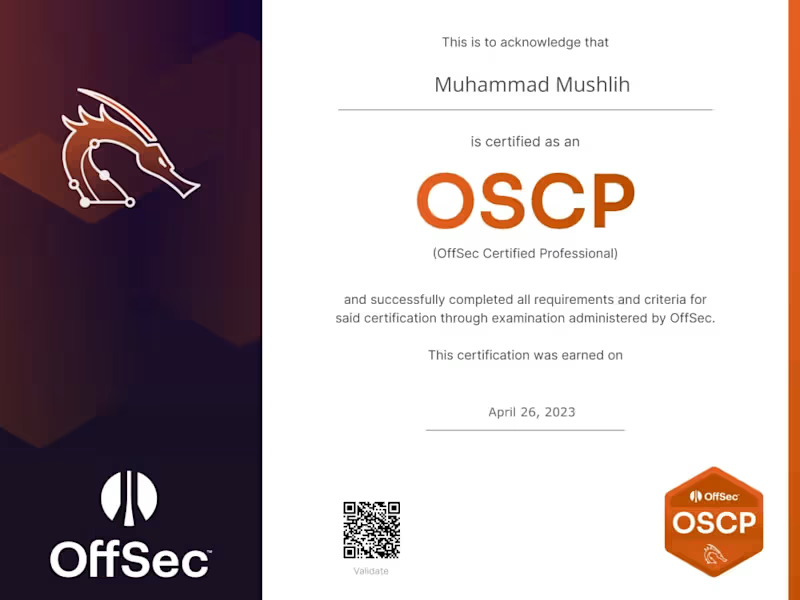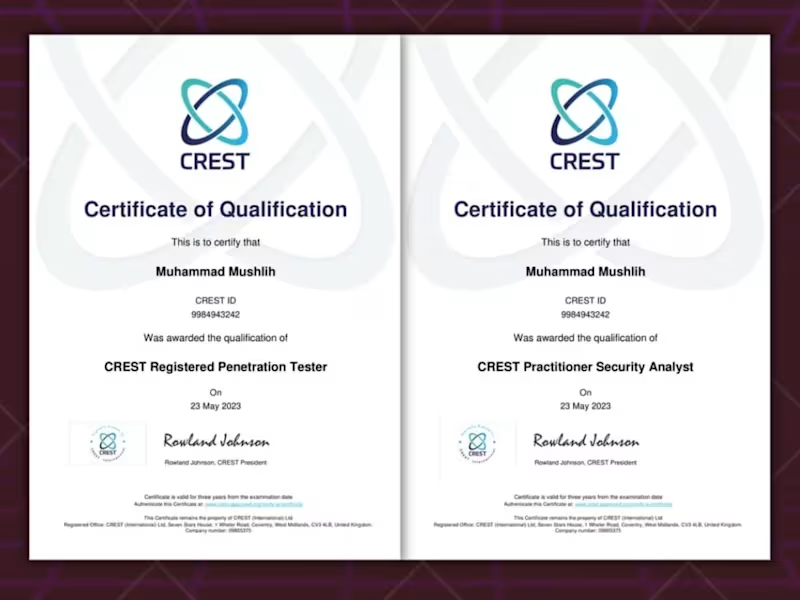What kind of tools should I check for in a reverse engineer's toolkit?
Look for tools that are commonly used in reverse engineering, like debuggers or disassemblers. Make sure the freelancer is comfortable using these tools. Ask if they have experience with the specific software involved in your project. A well-equipped toolkit helps the freelancer do the job right. The right tools can make the process smoother and more efficient.
How important is communication during the reverse engineering process?
Communication is key for any successful project. Regular updates help you know what's happening and catch any issues early. Clear communication ensures that the freelancer understands your needs and feedback. Set expectations for how often you’d like to touch base. Open lines keep the project moving in the right direction.
What security considerations should I discuss before starting a reverse engineering project?
Discuss the importance of protecting any sensitive information. Make sure the freelancer understands data and IP confidentiality. Agree on how data will be handled and communicated. Security protocols should be set at the start to ensure safety. Good security practices help avoid potential risks and build trust.
How should I agree on deliverables with a reverse engineering freelancer?
Outline specific deliverables that are clear and understandable. Agree on what success looks like for each deliverable. Make sure deadlines are realistic and check-in points are frequent. Both you and the freelancer should know what's expected. Clear deliverables help measure the project's progress and quality.
Why is it important to understand a freelancer’s reverse engineering methodology?
Understanding their methodology helps you know how they’ll tackle your project. Ask about the steps they usually follow in reverse engineering tasks. This insight can help you prepare any additional resources they might need. Knowing their approach gives you confidence in their ability to complete your project. It helps align their efforts with your expectations.
What should I look for in a freelancer's portfolio when hiring for reverse engineering tasks?
Look for a portfolio that showcases relevant reverse engineering projects. Check if they've worked on projects similar to yours. Pay attention to the complexity and scope of past projects. A strong portfolio will highlight their expertise and problem-solving skills. It also provides a sense of their style and capabilities.
What should I include in my project brief for a reverse engineering freelancer?
Make your project brief clear and detailed. List the goals you want to achieve with reverse engineering. Include any specific challenges or requirements you have. Share what kind of software or technology is involved in your project. Clear communication helps the freelancer understand your needs better.
How can I assess if a freelancer's experience matches my project needs?
Review the freelancer’s past projects to see if they have done similar work. Check for examples or case studies of reverse engineering tasks they have completed. Look for feedback from previous clients. A freelancer with a proven track record will be more likely to meet your project goals. Ask about their approach to problem-solving in complex situations.
Why is setting milestones important in reverse engineering projects?
Setting milestones helps break the project into smaller tasks. It makes it easier to track progress and keep the project on schedule. Milestones also ensure that both you and the freelancer agree on the deliverables. With clear milestones, you can spot issues early and adjust plans if needed. It’s like a roadmap that guides the project to success.
Who is Contra for?
Contra is designed for both freelancers (referred to as "independents") and clients. Freelancers can showcase their work, connect with clients, and manage projects commission-free. Clients can discover and hire top freelance talent for their projects.
What is the vision of Contra?
Contra aims to revolutionize the world of work by providing an all-in-one platform that empowers freelancers and clients to connect and collaborate seamlessly, eliminating traditional barriers and commission fees.




























